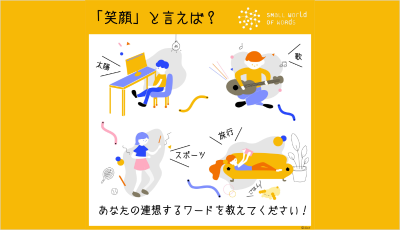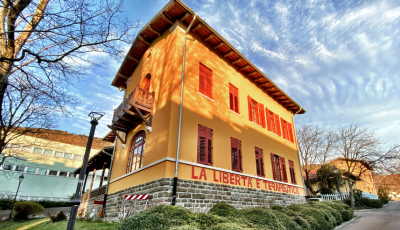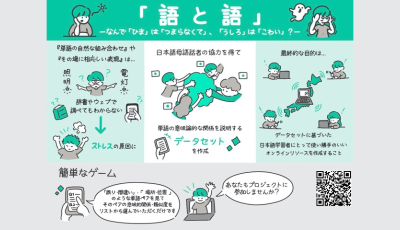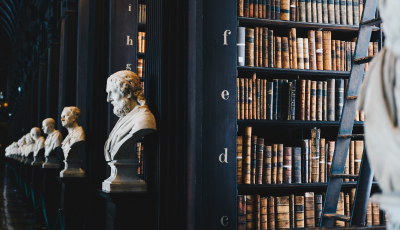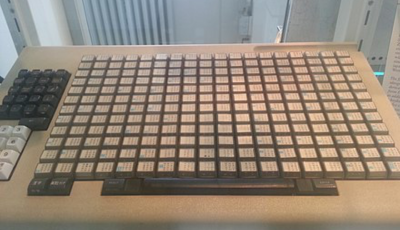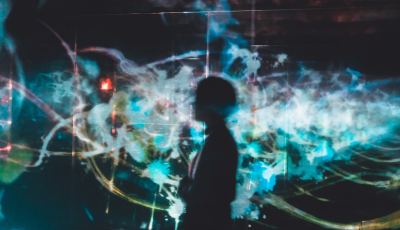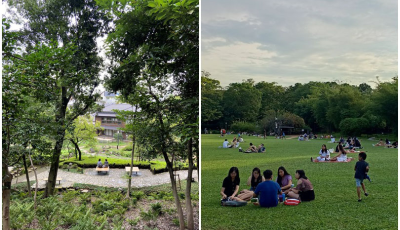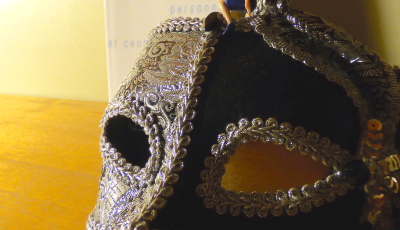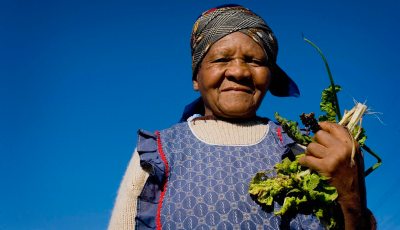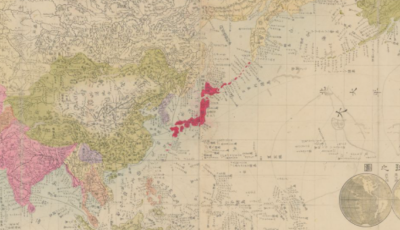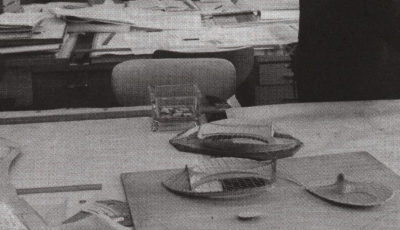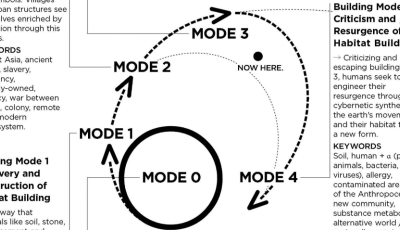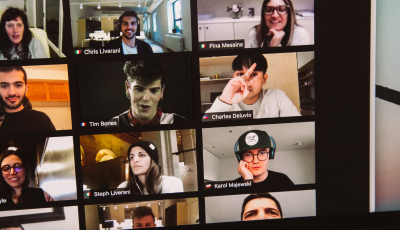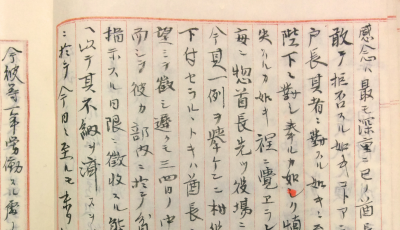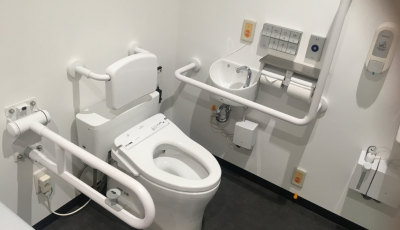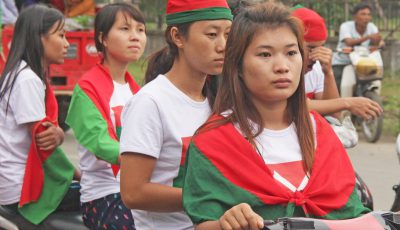Early Modern Christian Texts in Translations – Site of Knowledge Encounters and Epistemic Hybridizations
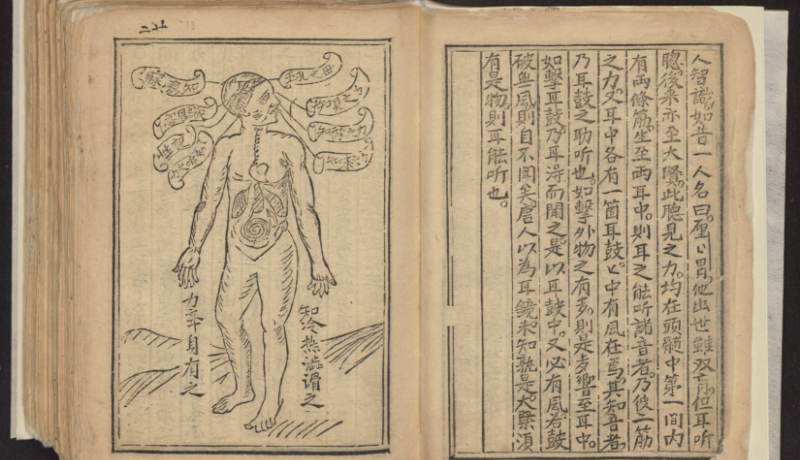
This project studies epistemic negotiations and hybridizations in the intercultural encounters between Europe and Asia in the early modern period. The project departs from an under-studied Manila incunabulum written in Chinese by Dominican friar Thomas Mayor. Titled Gewu qiongli bianlan 格物窮理便覧 (Compendium of the Investigation of Things and Fathoming the Principle, 1607), the Chinese text is considered to be based on Spanish theologian Luis de Granada’s Introducción del Símbolo de la Fe, from which two Japanese adaptations - Fides no Dǒxi フィデスの導師 (1592) and Fides no Qvio ひですの経 (1611) were also made by the Jesuits. Granada offers in the original Spanish text a formula to contemplate the Creator’s existence and power by observing the physical world composed of the four elements, the well-balanced natural world in which all creatures have their designated place, and the all-perfect human body. The adaptations of Granada’s original into Chinese and Japanese present the Christian faith, and at the same time a framework for understanding the physical aspect of the world based on Christian teachings.
Bringing the original Spanish work, the two Japanese adaptions, and the Chinese adaptation into conversation with each other, the project aims to depict a more dynamic picture of epistemic negotiations among the three. For example, based on the contemporary anatomy knowledge in Europe, concepts related to the human body were introduced in these translations. Various concepts rooted in traditional Chinese medicine, like keiraku 経絡 and kekki 血気 were employed to translate these new set of knowledge and the employed concepts in turn actively intervened in the process of translating. In many other examples like this one, we observe how multi-layered epistemic traditions interact with each other in transcultural encounters.
To further analyze what has affected approaches missionaries and their local partners applied in the translation and compilation process, this project also strives to uncover sources at the missionaries’ disposal, particularly for the Chinese text. The hypothesis is that widespread popular encylopedia and daily compendia in southern China as well as among the Chinese communities in the Philippines may have influenced the missionaries’ choice of terminologies and style in rendering the Chinese text.
With only four confirmed copies scattered in European archives and libraries, Gewu qiongli bilan is not widely available to researchers. Even though it is now accessible in digitized form, unusual variations of Chinese characters that appeared in it as in many vernacular works printed at the time pose difficulties for comprehension and analysis. This project also aims at constructing a digital critical edition of the text based on the Text Encoding Initiative Guidelines, providing a more accessible and sustainable text for the wider research community.
photo credit: Leiden University libraries digital collections Gewu qiongli bianlan, f012v-013r Creative Commons CC BY License https://digitalcollections.universiteitleiden.nl/view/item/1557378 link to out of site page JSPS Grant-in-Aid for Research Activity Start-up (20K21921) Comparative Study of Early Modern Catholic Texts in Asian Languages - on Gewu Qiongli Bianlan, a Chinese catechism published in Manila https://kaken.nii.ac.jp/ja/grant/KAKENHI-PROJECT-20K21921/


